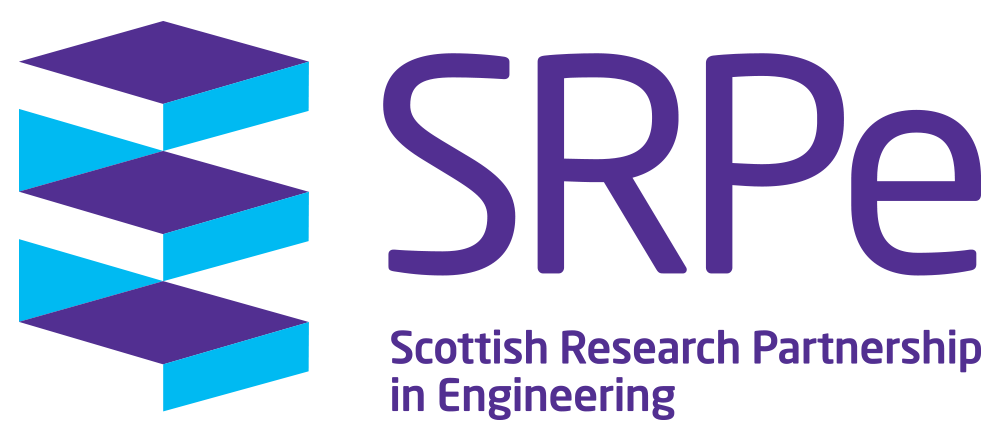The Development of Automated Decision Making for Non Destructive Testing of Additive Manufactured Parts
Academic Institution: University of Strathclyde
Academic Supervisor: Dr David Butler
Industry Partner: BAE Systems
PhD Student: Andrew Stewart
Start Date: 1st January 2020
Abstract
Additive manufacturing (AM) has been receiving significant interest from industry as it offers the attraction of lighter structures, greater part flexibility and increased complexity without the need for multiple manufacturing processes. However, it’s exactly that what makes AM attractive which leads to the challenges surrounding part measurement and inspection. Part features such as internal lattice structures and channels as well as sub-surface defects are difficult if not impossible to measure with conventional contact measurement techniques currently used for component certification.
A number of non-destructive measurement solutions exist such as X-Ray Computed Tomography, ultrasound and eddy current. These techniques require significant amount of manual labour with many variables needing to be defined to capture the data in a suitable resolution leading to a high degree of variation across systems for the capture of a single component. For this technology to be widely adopted both the set-up process and the post-capture analysis must be standardised and repeatable.
This project will aim to automate the data capture process based on minimum user input to automatically determine the correct operating parameters, post capture the aim is to be able to automatically recognise internally manufactured features for measurement and internal defects for characterisation
The industrial partner; BAE Systems Air, is a leading UK aerospace company with a strong interest in adopting new technologies to increase the performance and reliability of their aircraft systems. The company is one of the earliest adopters of additive manufacturing for aerospace parts. With increased part complexity they see the need to develop better inspection capabilities. The academic partner will be the University of Strathclyde with metrological support provided by the National Physical Laboratory.
The outcome from this project will an automated inspection and decision-making solution based around a machine learning approach which can be readily implemented at the industry partner’s facilities.
